A 5-year-old once described therapy as “going to see a doctor that helps you feel your feelings.”
And honestly? I think that little genius might be onto something.
Therapy is talking to someone who actually knows what to do with your feelings.
In more clinical terms, therapy is the process of working with a trained and licensed professional to address your mental, emotional, or even physical challenges.
As a Black, Indigenous and People of Color individual (BIPOC individual), therapy is a space where you don’t have to explain away your pain, minimize your struggles, or pretend you’re okay when you’re not.
So, do you need therapy?
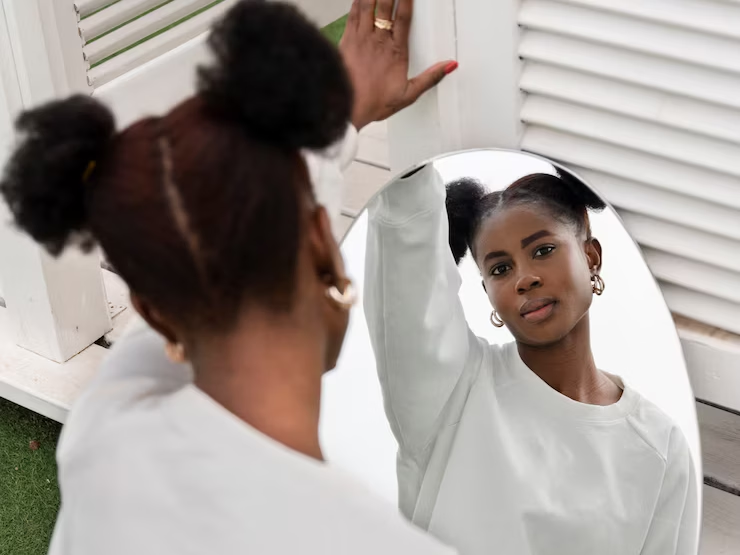
Do You Need Therapy?
I don’t think I’ve ever met anyone who couldn’t- at least at some point in their life- benefit from talking to a therapist.
That said, the real question isn’t whether you need therapy – it’s whether what’s bothering you has become too heavy to carry alone.
In this case, you should ask yourself:
“Are the things troubling me starting to affect my work or relationships?”
“Am I turning to coping mechanisms like doom scrolling on social media? Or smoking more weed than usual?”
“Am I isolating myself, or taking my frustrations out on those around me?”
And if you find yourself nodding along, it might be time to try something different.
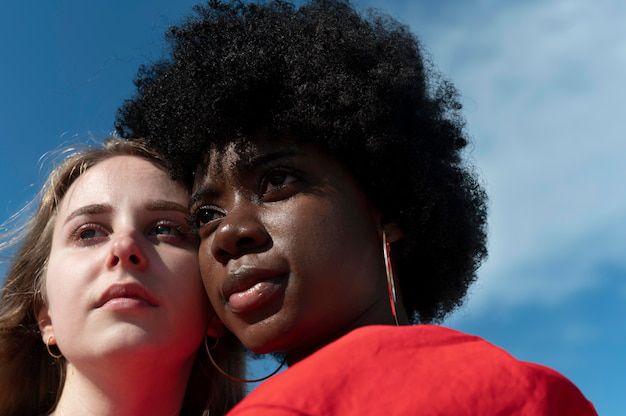
What Kind of Therapy Do You Need As a BIPOC Individual?
Depending on your needs, your therapist might use different approaches to help you heal, grow, and thrive. Here are a few:
- Cognitive Behavioral Therapy (CBT): This type of therapy helps you recognize and change unhelpful thought patterns.
For example, say you’re the only person of color in your workplace, and you keep getting passed over for promotions.
CBT helps you separate the real discrimination you might be facing from the self-doubt it’s created.
- Dialectical Behavioral Therapy (DBT): This flavor of therapy teaches you how to manage intense emotions and take charge of them.
Maybe you grew up in a household where showing emotions was considered “weak,” or where anger was the only acceptable feeling.
DBT teaches you how to acknowledge all your emotions without letting them overwhelm you.
- Trauma Therapy : Unlike physical wounds that heal with time, trauma can stay frozen in your body and mind, influencing how you react to situations years or even decades later.
Trauma therapy helps you process and heal from past trauma- be it workplace trauma, racial trauma, or any other life experiences that have left their mark.
- Culturally Affirming Therapy: is where everything comes together. It’s where we can talk about how your faith influences your healing journey, how your family’s expectations impact your choices, or how your cultural identity shapes your experience of mental health.
For instance, if you’re struggling with setting boundaries, we explore solutions that respect both your individual needs and your cultural context.
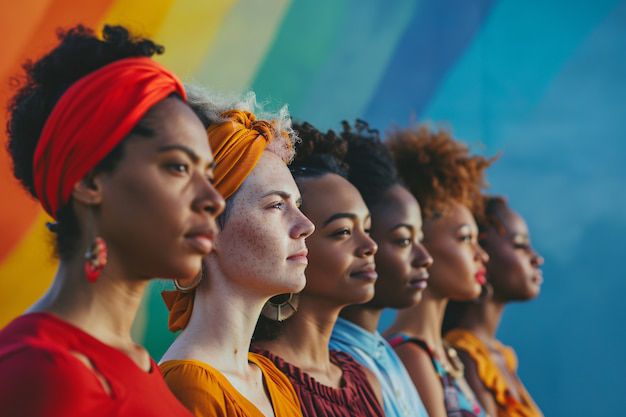
Why Does Culturally Affirming Therapy Matter for BIPOC Individuals?
There are two absolute truths in the world:
Pineapple has no business being on pizza (fight me), and the mental health field still hasn’t caught up to the therapeutic needs of BIPOC individuals.
As someone from a marginalized background myself, I’ve sat across the room from therapists who were sooo out of touch with my experience as a BIPOC individual, it was almost laughable.
I once heard about a therapist who told their client who was having a hard time with their family to just cut their family off.
Horrendous! And exactly why culturally affirming therapy exists.
Culturally affirming therapy is a space where you can show up as your whole self – your history, your identity, your struggles – and be met with understanding and respect.
It is the kind of therapy you should expect at Ashay Therapy- one where you won’t need to downplay your truth just to make someone else comfortable.
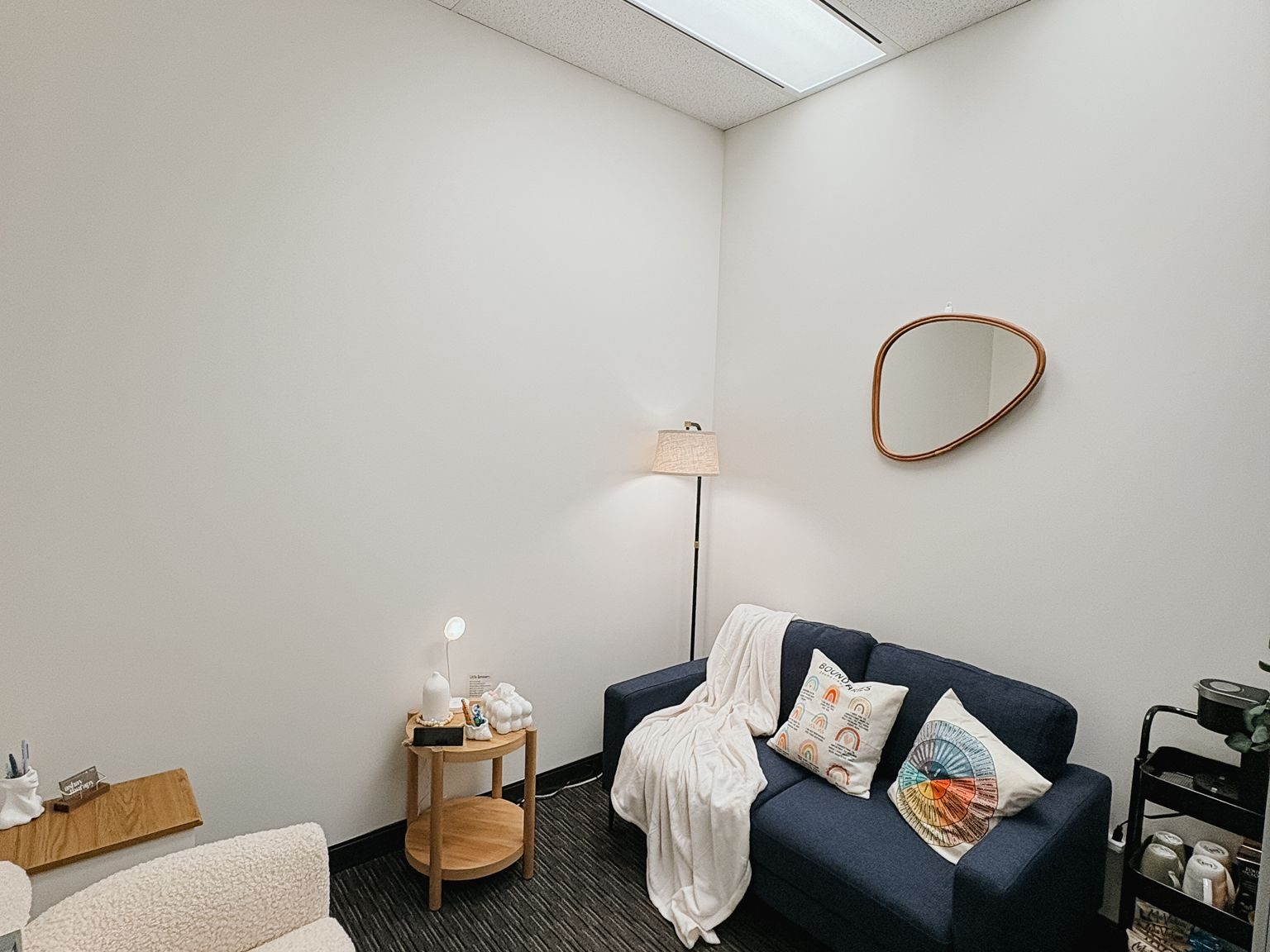
What Happens in Our First Therapy Session?
First, we get comfortable. My office in downtown Calgary isn’t some sterile white room – it’s a warm, and welcoming space where you might notice artwork or hear soft music playing.
You can have a cup of tea, adjust your chair, whatever helps you feel at ease.
We start with what brought you here. Maybe it’s workplace stress, relationship challenges, or just a feeling that something needs to change. Whatever it is, there’s no judgment.
We talk about what you’re hoping to get from therapy as a BIPOC individual. Some people come with specific goals like “I want to stop feeling anxious at work.”
Others just know they want something different. Both are perfectly fine starting points.
You get to ask questions too. About my experience, my approach, or even why I have that particular art piece on my wall.
This is as much about you getting to know me as it is about me getting to know you.
In our sessions, you might find yourself:
💕 Learning new and practical coping tools to handle stress that actually fit your life and culture
💕 Understanding why you react the way you do to certain situations
💕Processing past experiences that still affect you today
💕 Building better relationships with yourself and others
💕Finding your voice and learning how to use it
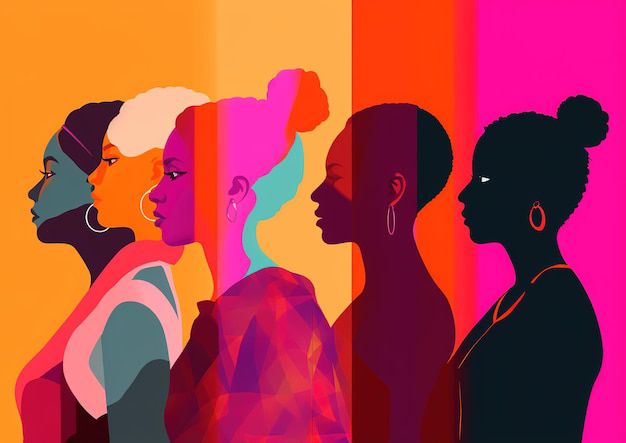
How Does Ashay Therapy Make Sure Therapy Is Culturally Sensitive?
Cultural sensitivity isn’t just a buzzword for us at Ashay Therapy – it’s the foundation of how we work.
When you talk about anxiety, we get that it might be tied to the pressure of being the first in your family to emigrate, or the weight of representing your entire community in your workplace.
We respect your cultural strengths. If your faith or spiritual practices are part of your coping mechanisms, we incorporate that.
If your extended family is a crucial part of your support system, we talk about how to leverage that support while setting healthy boundaries.
We acknowledge the impact of systemic issues.
When you talk about feeling “paranoid” about microaggressions at work, we don’t gaslight you – we understand that your experiences are real and valid.
Most importantly, we learn from you.
Every client helps us understand their unique cultural context better.
Your experiences and perspective enrich our practice and help us serve our community better.

What About Confidentiality and Costs?
First up: everything we discuss stays between us. That’s not just a promise – it’s the law.
There are only a few exceptions (like if you or someone is in imminent danger, or we get subpoenaed by the courts), and we’ll always be upfront about this.
And about the costs of therapy sessions– well, we believe therapy shouldn’t be a luxury only some people can afford.
That’s why we offer sliding scale fees based on your budget.
We’ll be transparent about costs from day one, and in case your insurance isn’t on the list, we will provide you with a receipt you can take to your insurance provider for reimbursement.
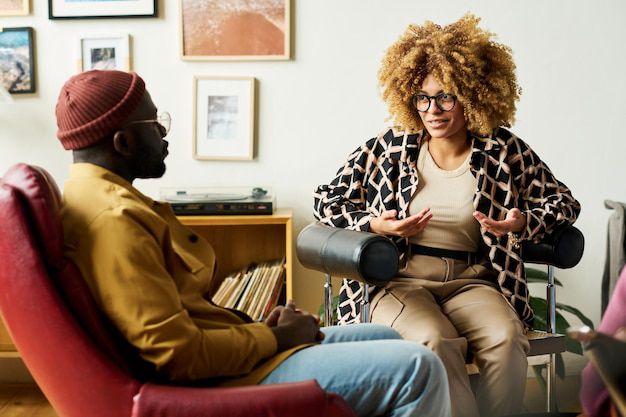
What’s the Difference Between Therapy and Talking to a Friend?
Your friends are amazing (I hope), but while they might give great advice, they don’t have the training to unpack trauma, recognize patterns, or guide you through deep emotional work.
Your friends come with their own biases and life experiences (don’t we all?), while a therapist offers an objective perspective.
Plus, your therapist isn’t going to accidentally tweet your secrets on X🫠, just saying.
So you’re still reading this? Could there be a part of you that’s curious about therapy?
Maybe you’re scared to take the first step, or maybe you’ve tried therapy before and felt let down. I get it.
Therapy isn’t perfect, and not every therapist will be the right fit.
But when therapy works? It’s life-changing. Here’s my advice: Start here. Start now. Start with the simple possibility that things can get better. Because your mental health deserves that.
And if you’re in Calgary or across Canada, Ashay Therapy has created a space where healing doesn’t mean leaving your culture at the door.
When you’re ready to take that next step, there’s a free spot waiting for you at Ashay Therapy. Book your 20-minute consultation today —on us.
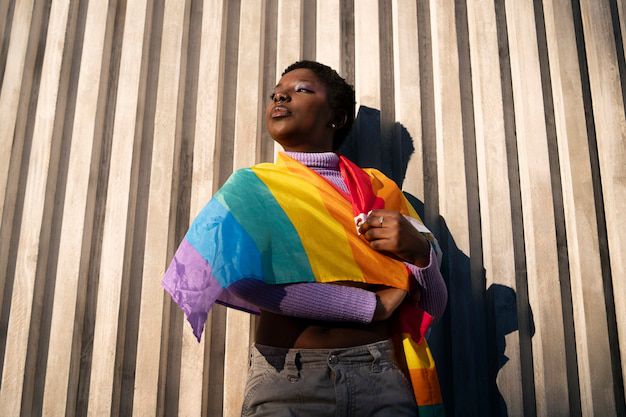



Leave a Reply